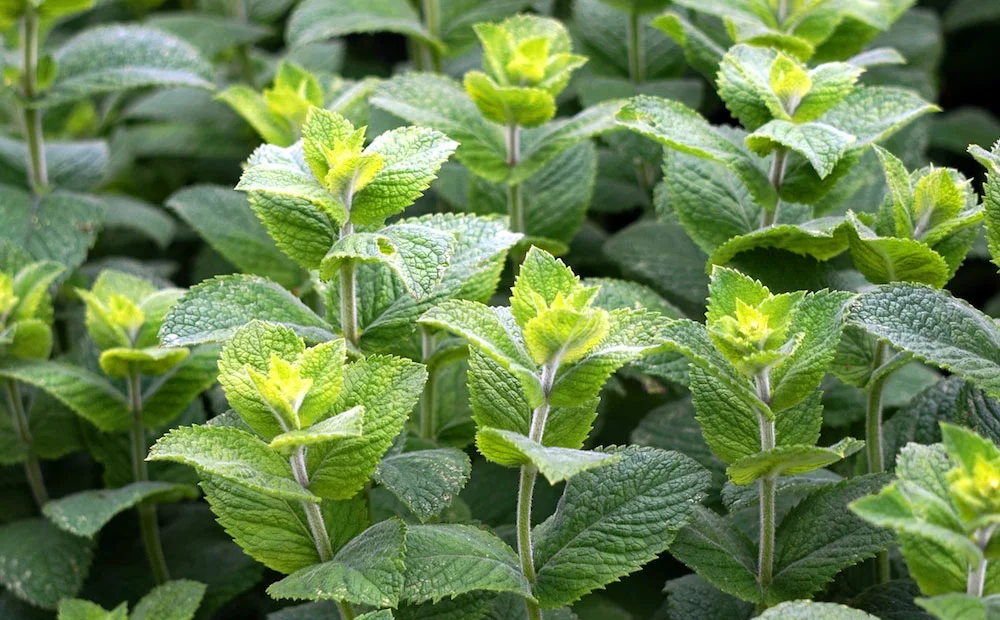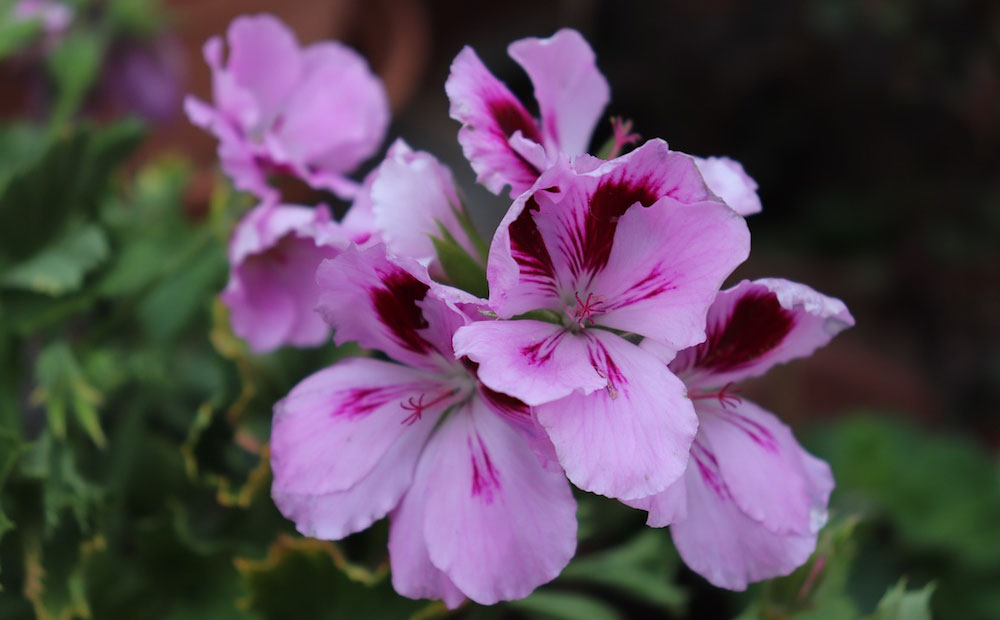PLANTS THAT REPEL MOSQUITOES
Summer is just around the corner, and you know what that means — long days, warm nights, and cold beers around the campfire. Just some of the many reasons why we love Indiana. But we’re not the only ones who enjoy the beauty of twilight on a summer night. When the sun goes down, the mosquitoes come out. The overwhelming buzzing and nipping of mosquitoes is enough to drive anyone inside! Luckily, there are plenty of plants that naturally repel these annoying critters.
CITRONELLA PRODUCTS
Citronella is, by far, the most popular mosquito-repelling solution used today. If you spend summer evenings on your back patio or weekends by the lake, you most likely have a citronella candle or two kicking around. Citronella oil is an active ingredient derived from lemongrass that gives off a distinct lemony scent that mosquitoes don’t like. This ingredient is infused into countless pest-repelling products; like candles, soaps, pet collars, and even clothing.
Citronella works by masking other scents that are appealing to mosquitoes, like carbon dioxide and lactic acid, which are both produced by us humans! Since the lemony goodness of citronella overpowers these other scents, they’re less likely to land. Basically, it makes us look less like an all-you-can-eat buffet and more like the ratty granola bar sitting at the bottom of your messenger bag.
MOSQUITO REPELLENT PLANTS
Citronella products are pretty effective when they’re used in a semi-enclosed area, but the scent is easily carried away when it’s out in the open. We recommend including a variety of mosquito-repelling plants in your garden to help build a natural barrier to hungry mosquitoes. Here are some of the best, natural mosquito-repellent plants:
Citrosa Geraniums: This scented geranium is the original “mosquito plant”, developed over 25 years ago for the sole purpose of warding off the little buggers. This plant contains citronella and gives off the same, lemony scent that repels mosquitoes. Although there was a lot of —pardon the pun — buzz around this plant when it first hit the shelves, it’s not quite as effective if it’s left simply sitting in your garden. The best way to use citrosa is to crush up some leaves and wipe them on your skin for some mild relief from mosquitoes for a couple of hours.
Marigolds: Marigolds might look gorgeous to us, with their outlined petals and blazing colors, but mosquitoes despise them. These hardy annuals contain pyrethrum, an ingredient used in many commercial repellent products. Take it one step further and plant the ‘Lemon Gem’ variety for a fresh, lemony scent that provides an additional barrier to mosquitoes.
Catnip: Catnip contains nepetalactone, an essential oil responsible for its unique odor and a natural insect repellent. Researchers actually claim that this plant is ten times more effective at repelling mosquitoes than DEET, the compound found in many insect repellent products. Simply spread fresh leaves around the patio or in a bug-infested area to drive them away. You can also create natural bug spray using blended catnip and other ingredients, like isopropyl alcohol or vinegar. You can then spray your clothing for a longer-lasting effect.
Lavender: These tall stalks of purple blooms are so elegant that you really shouldn’t need any other reason to plant them in your garden. But just in case you do, lavender also emits a pleasant, floral scent that naturally deters mosquitoes and other bugs from your garden. Include them in your perennial borders for a purple, pest-controlling fence.
Basil: This herb is already a popular houseplant for the delicious flavor it brings to the kitchen, but did you know it also acts as a natural insect deterrent? It contains not one, but four mosquito-repelling compounds! Keep basil plants on your windowsills and in backyard containers, rubbing the leaves often to activate the compounds inside. You’ll find that basil allows you to enjoy your meal sitting on the back patio in more ways than one!
Peppermint: Peppermint has such a strong aroma that the mere presence of these plants in your garden and on your patio is enough to ward off the nippers. If the bugs are particularly bad, you can also crush the herb up and rub it on your skin for some extra, minty-fresh protection. Naturally, some flies will get through the barrier, but as an added bonus, you can rub peppermint leaves directly onto the bites for some irritation relief!
You shouldn’t have to forfeit fun this summer just to prevent being eaten alive by dozens of tiny vampires. Simply light a citronella candle and enjoy the view of these mosquito-repelling plants in peace and quiet.






